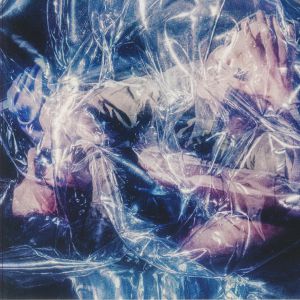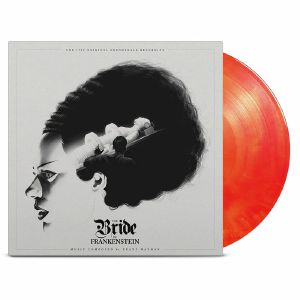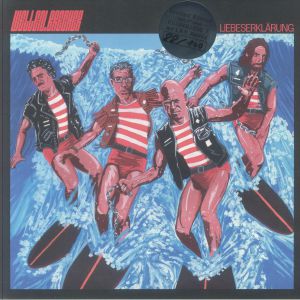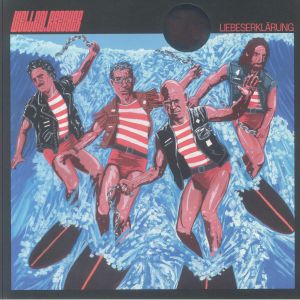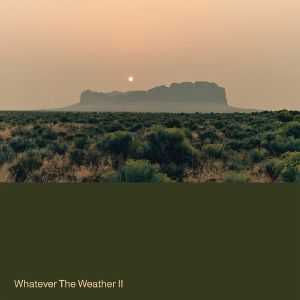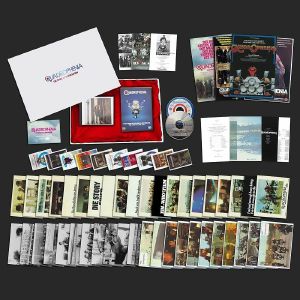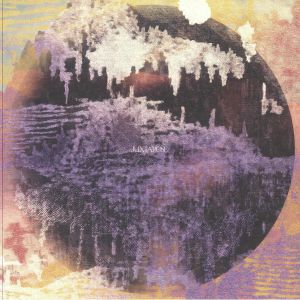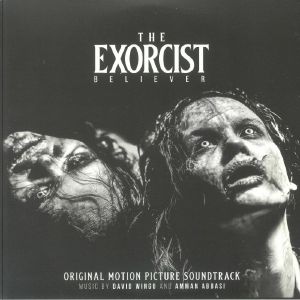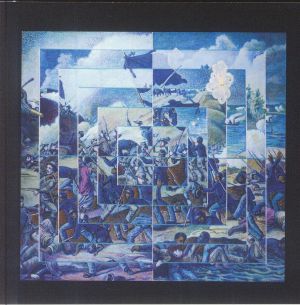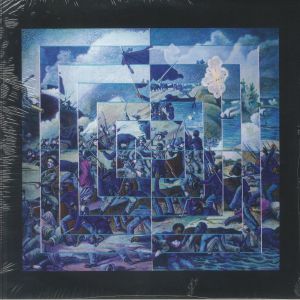Filter
Genre
Stock
Music
Label
Release Title
Price
Back catalogue: Leftfield
Juno's full catalogue of Leftfield
Alben
Review: According to the blurb we have for Doomed Utility, Alex Wang is a firm believer that if a tree falls in the forest and nobody is around, it still makes a massive noise. "Sound existed before there were human ears to hear it," we're told. Not to mention the fact we have now surrounded ourselves with machines and digital tools that immerse us in tones we don't necessarily derive pleasure from. Industrial, frenetic, electronic, post-club, deconstructed and, in moments, straddling that genius-lunatic border. Doomed Utility makes no apologies for its most intense moments, and panders not to our inherent desire to understand and make sense. These are beats, basslines, distorted walls of tormented chaos and abstract moments don't lend themselves to meaning making. Welcome to the future. It's confusing.
… Read more in stock $34.43
The Bride Of Frankenstein (Soundtrack) (reissue) (limited gatefold red & yellow hand poured vinyl 2xLP + booklet)
Cat: WW 085RY. Rel: 13 Mar 25
Review: This deluxe vinyl reissue presents the original Bride of Frankenstein soundtrack featuring remastered audio, new artwork, and estate-approved likenesses of Elsa Lanchester. Directed by James Whale and starring Boris Karloff and Lanchester, the 1935 horror classic is widely regarded as one of cinema's greatest sequels and was rightly celebrated as Whale's masterpiece. The movie was added to the U.S. National Film Registry in 1998 for its cultural significance and this historic release has been sourced from master acetates at Syracuse University and Universal's archives and marks the first time the film's original score is available on vinyl.
… Read more in stock $36.92
Liebeserklarung (hand-numbered LP + 7" + MP3 download code limited to 100 copies)
Cat: KILLEKILL 030LTD. Rel: 13 Mar 25
in stock $23.13
Liebeserklarung (LP + MP3 download code)
Cat: KILLEKILL 030. Rel: 13 Mar 25
in stock $18.18
Whatever The Weather II (limited dark green vinyl LP)
Cat: GI 446LPC1. Rel: 13 Mar 25
Review: London's Loraine James has built her signature sound through a mix of refined composition, gritty experimentation and intricate electronic programming. Under her Ghostly International alias Whatever The Weather, she explores emotional temperature and environment. Her second full-length offers a warmer tone compared to its predecessor by moving from an arctic cover photo to a desert scene. Mastered by Josh Eustis, the album blends hypnotic atmospheres and rhythmic textures with diaristic field recordings. The lead single, '12-C,' weaves melody and texture into a soul-stirring groove and is exemplary of James' imaginative and genre-defying approach.
… Read more in stock $24.79
Review: "One might thus regard the Welsh rarebit as a Machine in which a process is applied to the conditioning and perception of the world of bread and cheese." Suffice to say, John White might not have had the same ideas about what constitutes Machine Music back in 1976 as you do today. This is also the first time we've ever managed to get a reference to Welsh rarebit into the first line of writing about a record, so everyone is learning something today. "The Machines" White refers to are the individual tracks themselves, all recorded between 1967 and 1972 and all comprising different combinations of a thing. Six pairs of "bass melody instruments" made 'Autumn Countdown Machine', different permutations of "the articulations 'ging, gang, gong, gung, ho!'" comprise 'Jews Harp Machine'. And 'Son of Gothic Chord' is crafted from the sequential chord progression of four keyboard players, spanning an octave. Conceptual experimental and wildly imaginative stuff on the borderline of electronica, abstract, mathematical and something otherworldly.
… Read more in stock $28.64
The WHO / VARIOUS
Quadrophenia (Soundtrack) (Super Deluxe Edition) (limited unmixed CD + DVD + posters + booklets + inserts + postcards + film cel)
Cat: BSPED 028BOX. Rel: 10 Apr 25
Review: The most eminent British rock opera of all time, The Who's Quadrophenia, released in 1973, hears Pete Townshend, John Entwistle and Roger Daltrey conceive and narrate the angst of a young postroom worker, Jimmy, living in post-war Britain amid the schismatics of the mods and rockers, as they warred in converse step. Exploring rebellion, let-off steam, and alienation through music, the record firmly set the stage for the 1979 film adaptation of the same name, which popularised the thoroughfare connecting London-Brighton as a vital identificatory artery for a certain angst-ridden generation. The album features standout tracks like '5:15' and 'Love, Reign O'er Me', and remains one of The Who's most celebrated works. It's now reissued through Bespoke Editions, with two CDs of Pete Townshend's demos, and a 5.1 DVD-A remix of eight tracks, plus handwritten lyrics in a book and a 13,000-word essay from Townshend.
… Read more in stock $125.05
Review: BertBert's boundary-free TOPO imprint returns with a fascinating body of work from one of his nearest and dearest influences; Windu. A collection honed from hundreds of sketches, grooves and soundscapes written over the last eight years, Juxtapose is a beguiling blend of ambient textures, gritty technoid grooves and thunderous showers of breaks. At points bubbling with aggy rave energy ('Deck 16'), at others entirely disarming and likely to knock you horizontal ('Ti Si Isceljenje'), Windu (which stands for wave is not defined) has a refreshing ability to completely negate DJ formula, arrangement and genre trappings. A debut dispatch built up over years before unleashed into the wild on vinyl, this is a truly unique album.
… Read more in stock $22.03
The Exorcist: Believer (Soundtrack) (B-STOCK) (gatefold 180 gram black & white swirl vinyl 2xLP + booklet)
Cat: WW 201 (B-STOCK). Rel: 01 Jan 90
B-STOCK: Creasing to corner of outer sleeve but otherwise in excellent condition
in stock $38.56
Cat: ESPD 50892. Rel: 11 Mar 25
in stock $15.42
Cat: ESPD 50891. Rel: 14 Mar 25
in stock $34.15

 USD
USD






